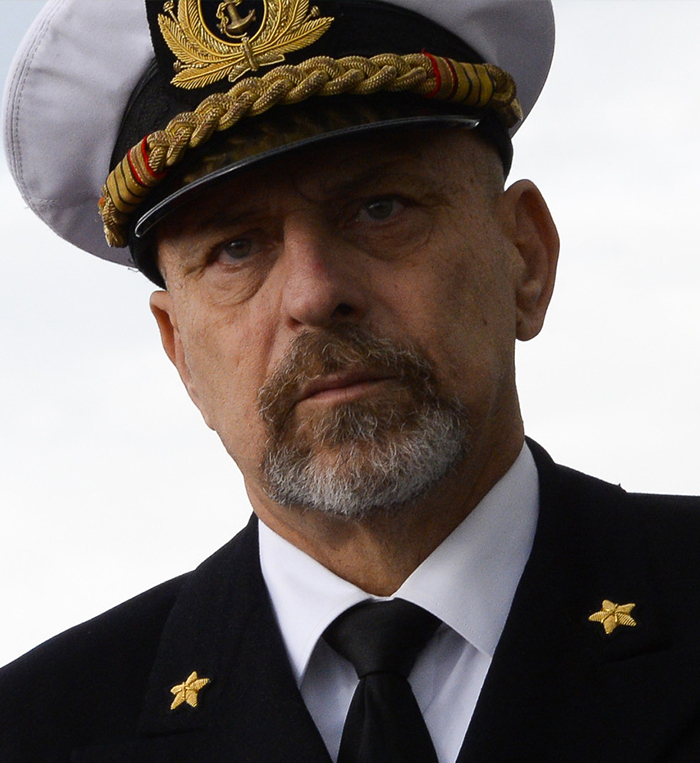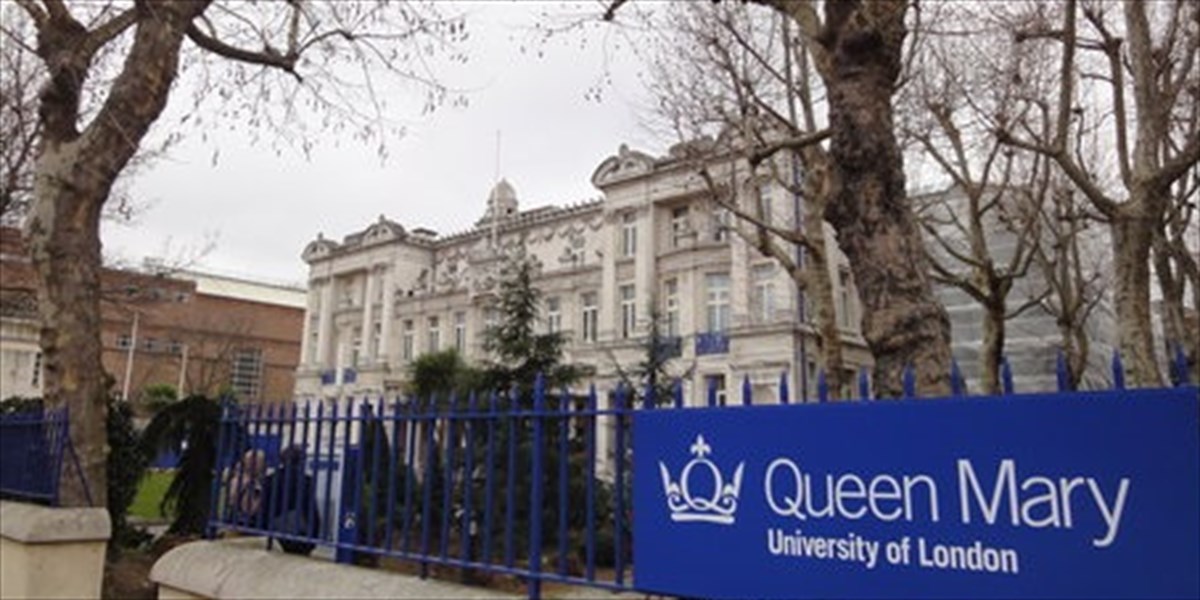Death at Sea and the Securitisation of Search and Rescue
Il 29 settembre sarò alla Queen Mary University of London per un workshop in qualità di speaker sul tema: Death at Sea and the Securitisation of Search and Rescue.
L'evento Queen Mary mira alla creazione di un Osservatorio SAR per il Mediterraneo (SAROBMED), coinvolgendo le varie parti interessate, comprese le ONG, le agenzie dell'UE e gli organismi internazionali.
Death at Sea and the Securitisation of Search and Rescue
29 September 2017
Time: 8:30am - 6:30pm
Venue: Centre for Commercial Law Studies, 67-69, Lincoln’s Inn Fields, London WC2A 3JB
Death at Sea and the Securitisation of Search and Rescue is hosted by Centre for European and International Legal Affairs (CEILA) of Queen Mary University of London, with the support of Macquarie Law School.
Overview
Considering the current state of affairs in the Mediterranean, with migrant death tolls rising despite inscreased operational presence at sea, SOLAS incidents recurring, allegations of refoulement and undue interdiction, and the unclear boundaries demarcating the crimes of smuggling and trafficking from genuine engagement in humanitarian assistance, this one-day event pursues a twofold purpose: On one hand, it will provide a platform for mutual engagement and discussion between academics, civil society organisations, EU agencies, and international bodies, on current trends regarding irregular maritime crossings and, on the other hand, it will explore options for the development of a research-led, evidence-based observatory of search and rescue (SAR) at sea.
Following up conversations during three previous meetings in Valencia (Spain), within the SOLIMED initiative, hosted by the City Council and Regional Governement of Valencia, on 25-27 November 2016; in Brussels, convened at the European Parliament by the GUE Parliamentary Group, on 28-29 March 2017; and in Berlin, held by Sea Watch, on 19-20 June 2017, the Queen Mary event aims to facilitate the constitution of a ‘core group’ of stakeholders, including the rescue NGOs, practitioners, and EU and international bodies, for the establishment of a SAR Observatory for the Mediterranean (SAROBMED), based on the ‘Comprehensive Approach’ put forward in past and ongoing research.
The ‘Comprehensive Approach’ to maritime migration advanced in these publications provides a suitable basis for the constitution of the Observatory. The integrated understanding of the different branches of law applicable at sea that it promotes is particularly apt to produce a ‘common language’ for use by all actors concerned. Its potential to generate a shared understanding of contested notions, like ‘distress at sea’, ‘delivery to a place of safety’, ‘primary responsibility for disembarkation’, ‘smuggling of migrants’, or ‘humanitarian assistance’, when SAR law is read in conjunction with human rights and refugee law standards, is especially fit for the elaboration of the different data categories that will constitute the SAROBMED tool, which, in turn, will have a life and impact beyond the maritime domain. Indeed, the Observatory will furnish a tool for researchers, practioners, and policy makers to design and assess law and policy operating at sea. It can contribute to creating a levelled-playing field, through reliable SAR data accessible by all, that will help overcoming the current situation of opacity and distrust prevailing in the Mediterranean, so detrimental for cooperative dynamics and common understandings of problems and solutions to emerge.
Programme
08:30 Arrival / Registration
09:00 Welcome by host institutions: Professor Valsamis Mitsilegas (QMUL) and Dr Violeta Moreno-Lax (QMUL) / Dr Daniel Ghezelbash (Macquarie).
09:15 Panel 1: SAR in the Mediterranean: Main Problems
Chair: Dr Tineke Strik, Parliamentary Assembly of the Council of Europe (PACE).
- Axel Grafmanns, Sea Watch.
- Cpt. Sandro Gallinelli, Italian Coast Guard.
- Cpt. Marco Fantinato, La Sapienza.
- Mg. Simona Ragazzi, Tribunale di Catania.
- Manuel Blanco, Proemaid.
- Florea Ganea, FRONTEX.
- Admiral Giuseppe de Giorgi, EUNAVFOR MED.
- Peter Hinchliffe, Secretary General, International Chamber of Shipping.
Discussion and Q/A
11:30 Coffee
12:00 Panel 2: The ‘Comprehensive Approach’: A Possible Solution
Chair: Professor Natalie Klein, Macquarie.
- Dr VioletaMoreno-Lax, QMUL (very brief introduction).
- Adriano Silvestri, Fundamental Rights Agency (FRA). (tbc)
- Federico Soda, International Organisation for Migration (IOM), Coordinating Office for the Mediterranean.
- Morgane Nicot, UN Office for Drugs and Crime (UNODC).
- Elisa del Pieri, Amnesty International.
Discussion and Q/A
13:15 Lunch
14:00 Panel 3: Tools for a Common Understanding of Key Challenges: A SAR Observatory for the Mediterranean (SAROBMED)
Chair: Kris Pollet, European Council of Refugees and Exiles (ECRE).
- Aurelie Ponthieu, Medecins Sans Frontieres(MSF).
- Julian Abril, International Maritime Organisation (IMO).
- Frank Laczko, Global Migration Data Analysis Centre (GMDAC).
- Tamara Last, VU Amsterdam / Border Deaths Project.
- Dr Charles Heller and Lorenzo Pezzani, Forensic Oceanography(Goldsmiths).
- Dr Derek Groen, Refugee Movements Simulations (Brunel).
Discussion and Q/A
16:00 Coffee
16:30 Session 4: Developing the SAROBMED and the Way Forward
Co-Chairs: Amelia Martinez Lobo, Office of MEP Miguel Urban / Sarai Blanc, Independent.
- Dr Daniel Ghezelbash, Macquarie (brief introduction).
- Dr VioletaMoreno-Lax, QMUL (brief introduction).
Small Group Discussions and Whole-Group Debate / Conclusions
18:30 Closure
Evento sul sito law.qmul.ac.uk
 Ammiraglio
Ammiraglio




